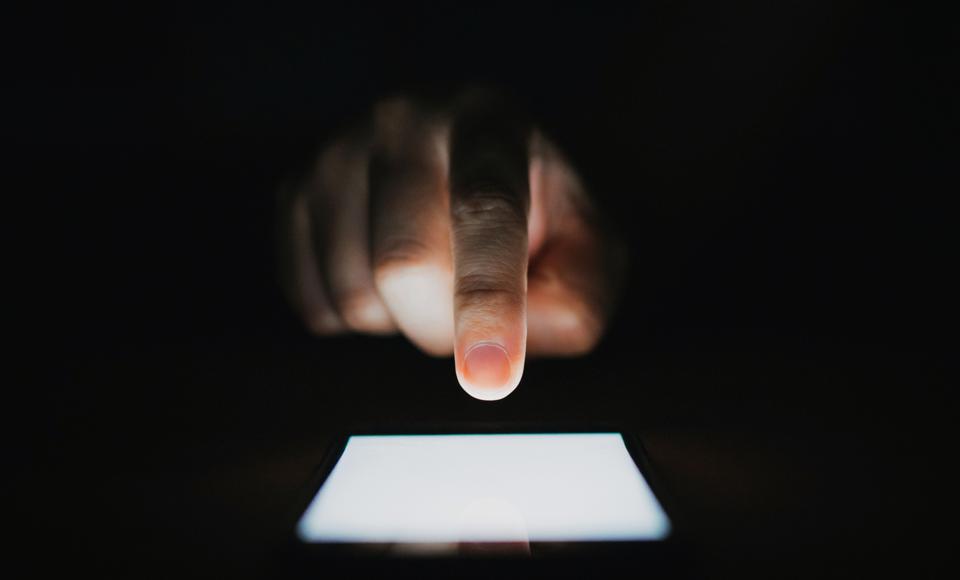Why You Should Stop Sending Texts From Your Android Messages App!

If there is a major problem within a globally used technology now going through a massive upgrade, you would expect the major problem to be resolved. Unfortunately, not yet. In case you use an Android device, then Google either has already updated your device’s messages app or will update it real soon. The update has arrived to level the field with Apple’s iMessage. Is Google jealous? Not so sure, but they do seem to be on some sort of a mission.
Pretty soon, the Rich Communication Services (RCS) will update your Android device’s default messages app into a full-functional and features-rich chat application.
Chat Platforms – A battlefield
In today’s world, Messaging has undoubtedly become a battleground, with Google and Apple competing Facebook (both WhatsApp and Messenger) to become the most demanded chat platform. There are some stickier applications compared to those globally used to communicate with colleagues, family, and friends. As time goes on and the latest features become more commercial—ads, transfers, purchases, coupons, and ticketing, this becomes a potential jackpot!
According to a report published last month, more and more nations are becoming RCS enabled—the latest updates have been seen in Singapore, Portugal, Poland, Pakistan, Norway, Italy, Denmark, Chile, and Argentina. Even though the Rich Communication Service is being deployed by providers all over the globe, it is Google fueling the rollout— to compete with the likes of Apple’s iMessage and Facebook’s Messenger & WhatsApp. The RCS is probably the longest awaited upgrade to the default messaging capability developed inside our smartphones.
Keeping easy-to-reach GIFs and animated stickers aside, the mainstream messaging comes down to a balancing act among the security, functionality, and install base: The install base between the gigantic platforms like Google Messages, iMessage, WhatsApp, and Facebook Messenger is excellent. But that’s not the primary concern. Functionality has always been proficient, and it has constantly been improving from time to time. The concern has always been on the Security side, where there is still plenty of room for improvement.
The unique and once most globally used chat platform is SMS. Both Google and Apple tend to use SMS as a fallback for those who don’t have iMessage, where Apple is concerned, or with no new chat features provided by Google, which are developed around that new RCS tech. But make no mistake, RCS is no match to iMessage—it’s totally different and has its share of major problems. The majority of the Android users should definitely switch to Signal or WhatsApp rather than using Android’s default messaging app.
When you hit send in your Android device’s messaging app, the data between the cell tower and the phone is encrypted — it isn’t exactly a piece of cake to intercept it over the air. But that’s like level one network security. Because once the text message vanishes into the network, it is vulnerable to interception.
Considering the fact that people text each other on various different networks in different countries, their text message can travel through a labyrinth of several systems and servers. The concern is out in the open. You can also develop an android messaging app from RetroCube.
End-to-End Encryption
Four years down the lane, WhatsApp successfully resolved the issue by implementing end-to-end encryption. Those who are not aware of the term end-to-end encryption, it simply means that the data or the message is protected with only the recipient and the sender possessing the decryption key. There’s absolutely no-one that could have a look at what you’ve sent, not even WhatsApp itself. Similarly, Apple has secured its default messaging app iMessage with end-to-end encryption as well.
Reportedly, Google has opted to embrace an updated SMS architecture, in order to work closely with the service providers instead of wasting its time on giving Android users an iMessage alternative. On an android device, the text you send is encrypted between Google’s servers and your phone, but here’s the problem: It could be decrypted on the way since you are not the only one with a unique key. With Apple, you have the option to control when iMessage uses standard SMS (green bubble) and when it doesn’t. Unfortunately, you don’t have that kind of freedom with Google Messages.
The fact of the matter is, the in-depth technical details don’t really matter anymore; either your private conversations are end-to-end encrypted, or they are not. It is highly likely that you think that your messages don’t need security; everyone sends sensitive information like contact details, financial details over messaging apps. While using a chat platform, one expects it to be secure from the prying eyes.
WhatsApp and Facebook have repeatedly warned that in today’s world, where cyber-attacks are becoming a norm, end-to-end encryption is necessary. They’ve also said that it’s crucial to stop your sensitive information from falling into the hands of a criminal. To ensure user data protection, Facebook encourages Messenger’s “secret messages” feature to diminish the compromise of networking and server infrastructure used by Messenger.
Conclusion
According to a recently published report, Google is currently working on an end-to-end encryption update for its Rich Communication Service deployment. When that’s officially launched, the Android users will finally have an alternative of iMessage. But until that happens, it is strongly recommended to ensure that you are using an end-to-end encrypted messaging platform. Definitely, WhatsApp would be the best choice. It is more likely to be your best option since it’s common, has a plethora of features, and is end-to-end encrypted.
To stay updated with all the latest developments in the tech industry, visit our blog section!



